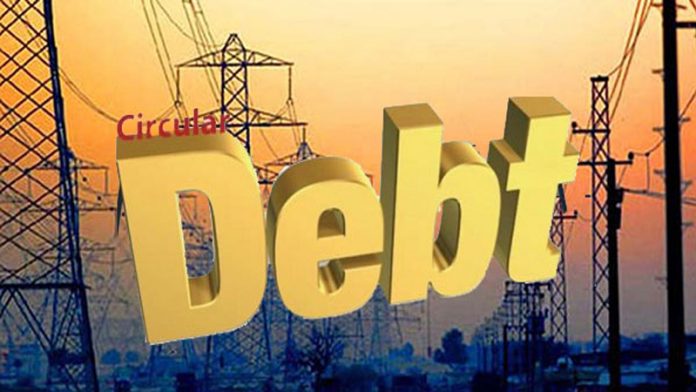Pakistan’s ongoing struggle with circular debt in the power sector continues to persist, despite repeated tariff hikes imposed on a monthly, quarterly, and annual basis.
The National Electric Power Regulatory Authority (Nepra) recently announced a flat Rs3.2814 per unit additional quarterly tariff adjustment (QTA) in electricity bills for all consumer categories, excluding lifeline consumers and companies.
This adjustment is slated to be in effect for the next six months, spanning from October 2023 to March 2024. The financial impact of this decision exceeds Rs200 billion, which includes Rs136 billion in additional cash flows to ten ex-Wapda distribution companies (Discos), coupled with an 18 percent Goods and Services Tax (GST).
The National Electric Plan (NEP) 2023-27, which was approved by the PDM-led coalition government on August 8, proposes a partial recovery of capacity charges owed to Independent Power Producers (IPPs) through fixed charges for all consumers, except those classified as very poor.
A circular debt report released by the Power Division for the period ending June 30 revealed alarming figures. Payables to IPPs amounted to Rs1.434 trillion, while the total circular debt soared to Rs2.31 trillion. This data reflects an increase of Rs83 billion in payables to IPPs and Rs57 billion in total circular debt in fiscal year 2023 when compared to the previous fiscal year. Additionally, payables to public sector generation companies surged by Rs10 billion to reach Rs111 billion.
The NEP outlines a gradual incorporation of fixed charges into the tariffs of all consumer segments, except those belonging to protected categories. These fixed charges will account for various factors, including capacity cost, market interventions, consumer behavior, and affordability. The ultimate goal is for fixed charges to constitute at least 20PC of the fixed cost within each consumer category by the fiscal year 2027.
Furthermore, the plan emphasizes the regular revision of tariff designs to facilitate market interventions, rationalize cross-subsidies, ensure bill and revenue stability, and enhance customer satisfaction. These revisions may involve the creation of new tariff structures, the restructuring of existing slabs, and the introduction of new consumer categories.
As Pakistan grapples with the persistent issue of circular debt in its power sector, these strategic moves by the government and regulatory authorities seek to strike a balance between revenue generation, financial stability, and consumer affordability in the quest for a sustainable and efficient energy sector.





These fake cryptocurrency miners publish articles on their websites with a list of people who have benefited from their schemes, most of whom are scammers or fraudsters who prey on the credulous cryptomarket learners with get-rich-quick schemes. They lure you with outrageously mouth-watering offers that want to make you empty your bank savings and other funds to hurriedly invest so you don’t lose such a lifetime opportunity. Protect yourself and do not blindly trust unverified brokers or you might be in the red down the road. But if you have already fallen prey, I bring you glad tidings, contact CYBER GENIE HACK PRO. They are absolutely amazing and very helpful in every way ensuring their clients successfully get their Bitcoin and cryptocurrencies recouped and recovered. From their ratings on the internet, you can be very sure they can never disappoint…
h ttps://cybergenie hackpro . xyz/
(+) 1-2-5-2-5-1-2-0-3-9-1
Cybergenie @ Cyberservices. Com